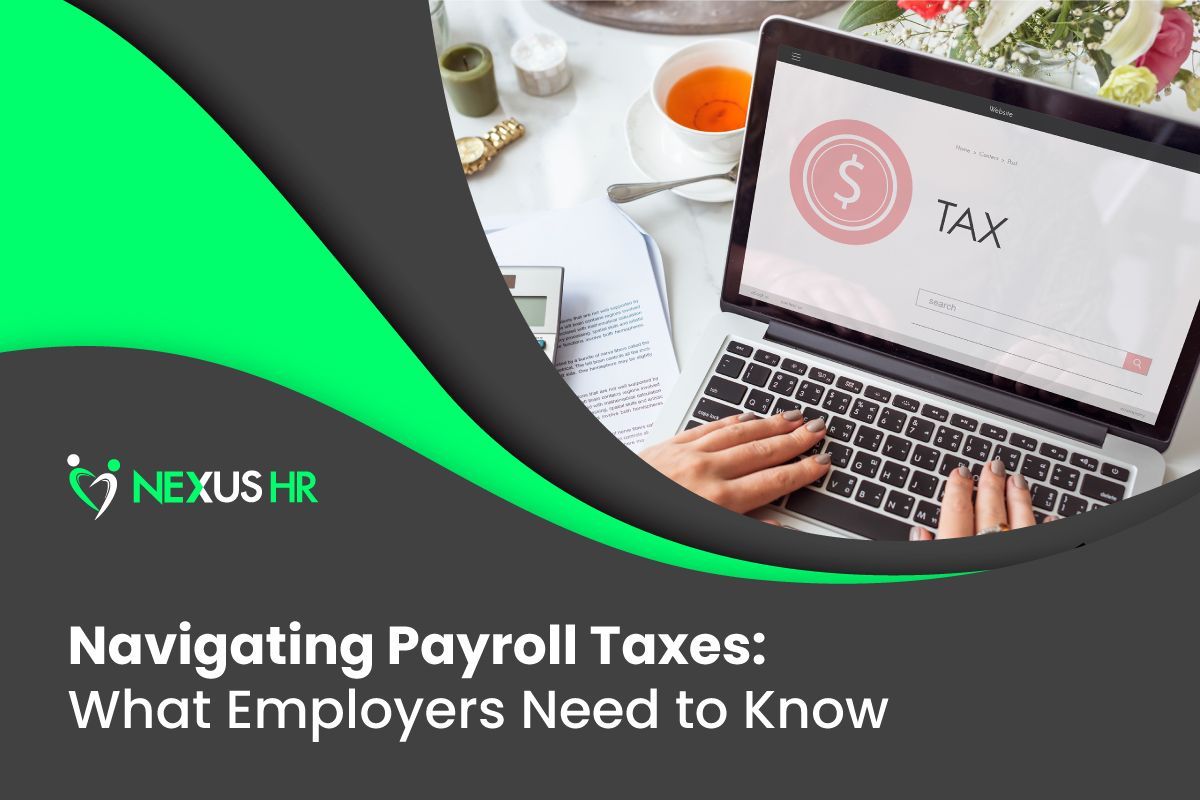What Are the Different Employee Types?
For centuries, the working class has always pursued the stability, consistent income, and benefits of full-time employment.
During the
Industrial Revolution, people worked 16 hours a day, six days a week. In 1914, Ford Motors cut the workday to
eight hours, which set the standard for the 9-to-5 model most of the global workforce follows.
But times are changing, and the job market is changing with it.
Thanks to technological advancements, a growing desire for work-life balance, and the opportunity for greater flexibility, traditional employment—typically characterized by full-time, long-term positions with set working hours and benefits—is no longer the working people’s employment type of choice.
5 Common Workplace Employee Types
Every organization comprises different employee types. And for good reason, too! Each has unique advantages and disadvantages, so studying them is crucial for effective workforce management.
Here are five common employee types, what makes them unique, and how they can contribute to growing your workplace:
Full-Time Employees

While the employer generally determines the definition of full-time employment, the U.S. Internal Revenue Service (IRS) classifies anyone who works an average of 32 to 40 hours per week or 130 hours per month as a full-time employee.
Also called traditional employment, full-time employment typically involves a long-term or permanent work arrangement. According to the
Academy to Innovate HR, full-time employees work around 30 to 40 hours per week, are eligible for benefits, and may not have a set contract end date. They can also either be
salaried or paid hourly.
In most companies, being a full-time employee usually determines whether or not one is eligible for the following benefits:
- Vacation Time
- Medical, Life, or Dental Insurance
- Pension and Retirement Plans
California law, however, requires employers to provide the following benefits to their employees:
- Social Security Benefits
- Family and Medical Leave Act (FMLA) Benefits
- Paid Sick Leave
- Pregnancy Disability Leave
- Worker’s Compensation
- Final Wage Payment
If you want higher productivity, long-term work commitment, and a stronger company, invest in excellent full-time employees.
Part-Time Employees

Part-time employment is a work arrangement where one works fewer hours every week than a full-time employee. Because there is no standard definition for it, certain government agencies have varying definitions of part-time employment.
For example, the
U.S. Bureau of Labor Statistics defines part-time employment as working between one to 34 hours per week, while the
California Employment Development Department
defines part-time work as less than 35 work hours.
Because employers are usually not legally required to provide benefits for them, part-time employees generally do not enjoy the employee benefits that full-time employees do. However, they are still entitled to several workplace rights, such as:
- Meal and Rest Periods
- Lunch Breaks
- The State Minimum Wage
- Overtime Pay
- A Workplace Free from Harassment or Discrimination
In California, part-time employees are also entitled to
paid sick days if they have worked for their employer for at least 30 days and an extra hour of pay if they’re a minimum-wage worker who works a
split shift.
Hiring part-time employees is a clever (and flexible) way to provide the support or assistance your business needs without the cost of hiring a full-time worker.
Read More:
Hiring Part-Time vs. Full-Time Employees: Which Is Better?
Temporary Employees

As its name suggests, temporary employment is nonpermanent by nature. Temporary employees work on special projects or fill in for absent employees for a determined time. They have a set end date on their contract. And, unless otherwise required by applicable law, temporary workers are not entitled to company benefits.
Companies that hire temporary workers don’t usually plan for them to be part of the company’s continuing operations. Once the temporary employee’s contract expires, their working relationship with the company ends.
Unlike most employment types, which entail a company directly hiring workers, temporary employment usually involves a third-party contractor. Companies can hire temporary employees through a staffing agency or a professional employer organization (PEO), which serves as the employer of record. The agency or PEO takes care of wages, taxes, worker’s compensation, and insurance.
Most staffing agencies also offer
temp-to-hire positions. This work arrangement means the agency places a qualified employee to work for you for a set duration, and if you’re satisfied with their work at the end of the period, you can offer them a permanent role in your team.
Overall, temporary employment is excellent for short-term projects and filling gaps in your company’s workforce, minus the cost and pressure of offering permanent positions.
Read More:
Professional Employer Organizations: What is a PEO & How Does it Work?
Seasonal Employees

Like temporary employment, seasonal jobs are also nonpermanent by nature. They have a fixed start and end date. Seasonal work refers to temporary job opportunities that are present only during certain times of the year because:
The hiring companies are only open during specific seasons, like ski resorts and summer camps, or- The hiring companies need more employees during peak periods, like retail stores during the holiday shopping season and accounting firms during tax season.
Seasonal work highly depends on factors like holidays, weather, agriculture, tourism, retail seasons, and special events. While a contract can last a few weeks to several months, seasonal employees never hold year-round positions.
While a seasonal employee may not enjoy the same benefits a full-time employee does, they still have access to certain protections. In
California, for example, seasonal workers are entitled to the following rights at work:
- Meal and Rest Periods
- Paid Sick Leave
- Minimum Wage
- Overtime Pay or Double Pay (Depending on the Work)
- A Safe Workspace
Contingent Employees

Job search platform Indeed defines contingent employees as individuals outsourced by a business to perform specific duties on a nonpermanent and non-employee basis. Whether contingent employees work remotely or report to the office, companies don’t add them to their payroll and typically don’t provide them benefits like a traditional employee.
Read More:
In-Office, Remote, or Hybrid Work: Which One is Best?
More commonly called freelancers, consultants, independent contractors, or 1099 workers, contingent workers are often experts in their fields and lend their skills to organizations temporarily, under a contract, or on an as-needed basis.
However, it’s important to note that not every worker can be classified as a contingent employee. The
U.S. Supreme Court states that under the Fair Labor Standards Act, no single rule or test can determine whether an individual is an independent contractor. You need to consider the entire situation, especially the following factors:
- The extent to which the services rendered are an integral part of the principal's business
- The permanency of the relationship
- The amount of the alleged contractor's investment in facilities and equipment
- The nature and degree of control by the principal
- The alleged contractor's opportunities for profit and loss
- The amount of initiative, judgment, or foresight in open market competition with others required for the success of the claimed independent contractor
- The degree of independent business organization and operation
Find Top Talent from Every Employee Type With Nexus HR

Deciding which employee types to hire for your company is a significant and challenging decision. You need to know your exact needs, how long you’ll need the additional personnel, and how much your budget is. But don’t let that stop you from moving forward with your plans!
Nexus HR specializes in helping growing companies discover, hire, and keep top-caliber candidates from every employee type! As an
established HR solutions provider, our services reach every aspect of the employee lifecycle—from recruitment and onboarding to
virtual HR and
payroll management.
Whether scaling up your team or building a new one, Nexus HR is ready to help you every step of the way.











